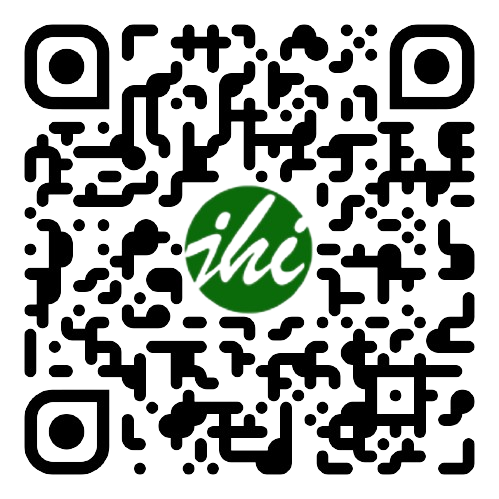Bisnis Aplikasi Vtube dalam Perspektif Hukum Ekonomi Syariah
DOI:
https://doi.org/10.28918/jhi.v19i1.3545Keywords:
Law, Economic, Shariah, Vtube, PerspectiveAbstract
This research aimed to discover shariah economic law perspective on the business of vtube application because this business is similar with ponzi schema, which is clearly banned. Besides, this business was preferred up to 100 million followers, very simple, without charge and able to get point that could be changed with the money by watching ten advertisements in a day during 40 days. Therefore, researcher would like to ascertain the business description of vtube application and how shariah economic law perspective on vtube application. Additionally, this research can be categorized into library research by analyzing document, book, informant on internet and the experts of Shariah economic. This study revealed vtube app is an application launched by PT future Tech Indonesia which runs by watching ten advertisements a day with the profit 0,3 dollar a day. It was revealed that the registration process is free of charges, audience got the profit from watching advertisement meanwhile company obtained profit from advertising service and it was contrast with ponzi schema. according to shariah economic law, this business did not contain gharar, legal and the member outcomes from vtube derived from the fee paid by vtube company for member who watch advertisement and point from member recruited by that member.
Downloads
Published
How to Cite
Issue
Section
License
Copyright (c) 2021 Jurnal Hukum Islam

This work is licensed under a Creative Commons Attribution-NonCommercial 4.0 International License.
Jurnal Hukum Islam use a variety of waivers and licenses that are specifically designed for and appropriate for the treatment of data:
- Open Data Commons Attribution License, http://www.opendatacommons.org/licenses/by/1.0/(default)
- Creative Commons CC-Zero Waiver, http://creativecommons.org/publicdomain/zero/1.0/
- Open Data Commons Public Domain Dedication and License, http://www.opendatacommons.org/licenses/pddl/1-0/
Other data publishing licenses may be allowed as exceptions (subject to approval by the editor on a case-by-case basis) and should be justified with a written statement from the author, which will be published with the article.













.png)














